bill.dargue
master brummie
The Baldwin Project - https://www.mainlesson.com/
seeks to make available online a comprehensive collection of resources for parents and teachers of children. The focus, initially, is on literature for children that is in the public domain in the United States. This includes all works first published before 1923. The period from 1880 or so until 1922 offers a wealth of material in all categories, including: Nursery Rhymes, Fables, Folk Tales, Myths, Legends and Hero Stories, Literary Fairy Tales, Bible Stories, Nature Stories, Biography, History, Fiction, Poetry, Storytelling, Games, and Craft Activities.
There are lots of old English history books here - https://www.mainlesson.com/displaybooksbygenre.php.
I still have a well-thumbed 1905 copy of H. E. Marshall's 'Our Island Story' given by my gran to my mum, a copy of which which is available online here - https://www.mainlesson.com/display.php?author=marshall&book=island&story=_contents.
The last edition of this book was published in 1953, but recently a a new edition has been published by the Civitas think-tank and made available free to schools - https://www.civitas.org.uk/islandstory/index.php.
Bill Dargue

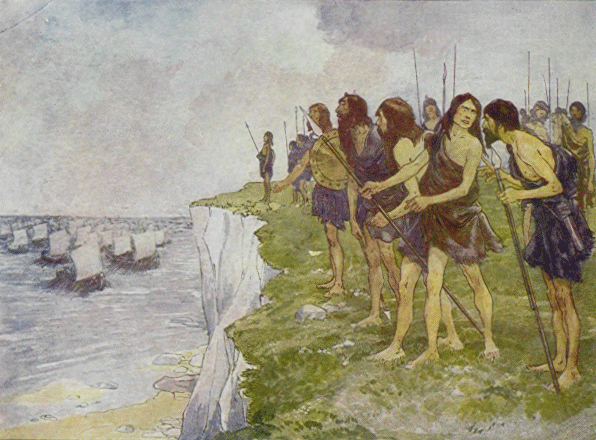
The Coming of the Romans
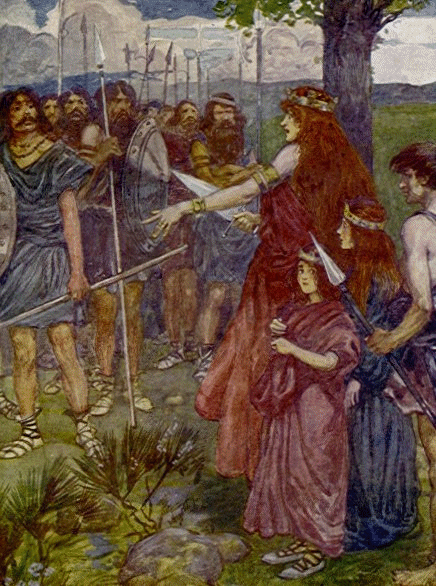
The Warrior Queen - Boadicea
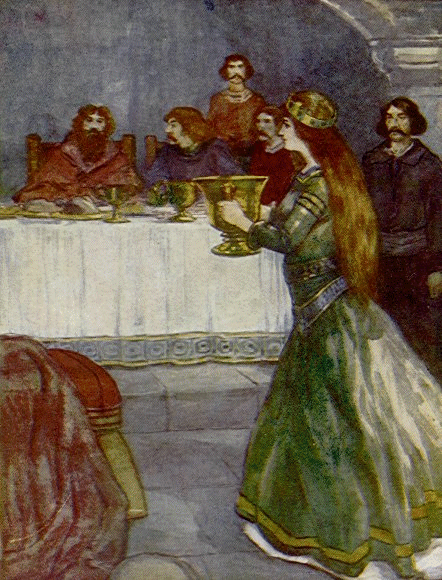
Hengist and Horsa
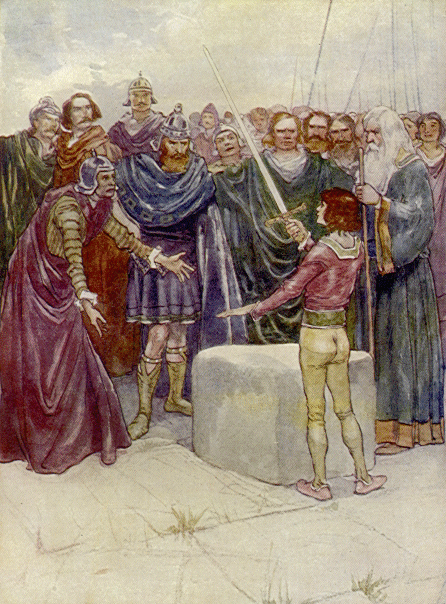
King Arthur
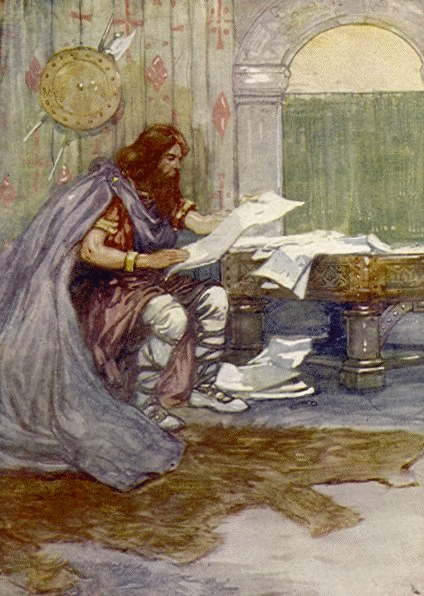
Alfred the Great
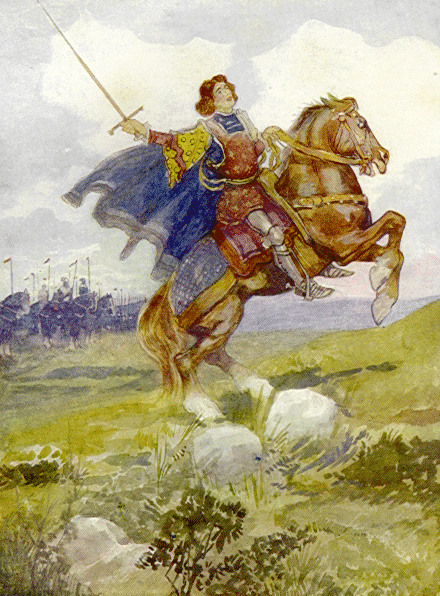
The Battle of Hastings
seeks to make available online a comprehensive collection of resources for parents and teachers of children. The focus, initially, is on literature for children that is in the public domain in the United States. This includes all works first published before 1923. The period from 1880 or so until 1922 offers a wealth of material in all categories, including: Nursery Rhymes, Fables, Folk Tales, Myths, Legends and Hero Stories, Literary Fairy Tales, Bible Stories, Nature Stories, Biography, History, Fiction, Poetry, Storytelling, Games, and Craft Activities.
There are lots of old English history books here - https://www.mainlesson.com/displaybooksbygenre.php.
I still have a well-thumbed 1905 copy of H. E. Marshall's 'Our Island Story' given by my gran to my mum, a copy of which which is available online here - https://www.mainlesson.com/display.php?author=marshall&book=island&story=_contents.
The last edition of this book was published in 1953, but recently a a new edition has been published by the Civitas think-tank and made available free to schools - https://www.civitas.org.uk/islandstory/index.php.
Bill Dargue


The Coming of the Romans

The Warrior Queen - Boadicea

Hengist and Horsa

King Arthur

Alfred the Great

The Battle of Hastings
Last edited:
